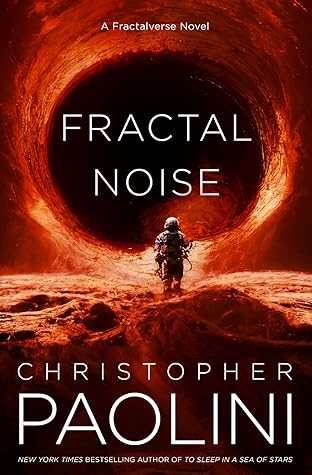More on this book
Community
Kindle Notes & Highlights
A life should have weight. Old or young, it would have seemed wrong for a person’s ashes to be too light.
Perfection implied seriousness of purpose, and there were only a few purposes that seemed likely: to pursue scientific research, to help fend off some existential threat, to fulfill a religious need, or to serve as a piece of art. The last two options were the most frightening. Any species that could afford to expend that amount of resources on what amounted to a nonessential project would be able to destroy every human settlement with ease, Earth included. Perfection, then, was a warning to heed.
Sometimes the universe decided to rip apart your life and stomp on the pieces, and there wasn’t a damn thing you could do about it except say, “Now what?”
The knot of tension in his gut remained as tight as ever, but with it, he felt a gathering of determination. Some things were easier once you just … decided.
To have his path made clear for him is the aspiration of every human being in our beclouded and tempestuous existence. —JOSEPH CONRAD
“There’s a theory among neurobiologists and evolutionary researchers that the reason humans have a sense of beauty is because beauty is functional. At least, at some basic level.”
the technology of a truly advanced species might be indistinguishable from the natural forces of the universe, even as the acts and works of humans might appear to an ant or a worm.
If there were gods, he thought for sure that the first and greatest—and evilest—would be the god of darkness. Light required effort. Light was a struggle. But the dark was easy, and it had existed before all else and would be there to envelop the universe in its smothering cloak when the last dim stars guttered out at the end of time.
To “know thyself” must mean to know the malignancy of one’s own instincts and to know, as well, one’s power to deflect it. —KARL A. MENNINGER
None of the things he’d been so upset about mattered. Not in the grand scheme of things. Only he hadn’t understood that. The lesson was yet untaught and unlearned, and his two teachers—grief and regret—yet waited for him.
The expedition had given him a goal, and the goal had given him a reason to keep moving. He recognized that now. As long as he had a destination in mind, he could keep putting one foot in front of the other. It didn’t mean life would be easy or pleasant, but maybe it could be bearable.
“I conclude that all is well,” says Edipus, and that remark is sacred. —ALBERT CAMUS


